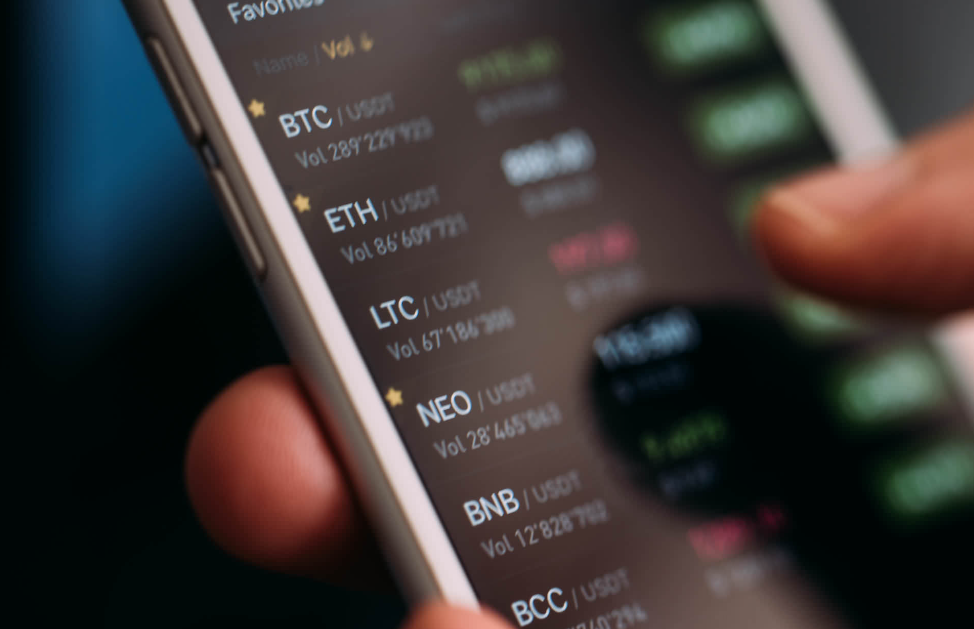The global blockchain devices market is poised to reach USD 4.5 billion by 2028, according to a report by SNS Insider. This significant growth can be attributed to the increasing adoption of blockchain technology and the rising demand for decentralized systems across various industries. In this article, we explore the key factors driving the growth of the blockchain devices market, the types of devices available, and the potential implications of this trend for businesses and consumers alike.
Drivers of Growth in the Blockchain Devices Market
Several factors are contributing to the expansion of the blockchain devices market:
Widespread Adoption of Blockchain Technology
Blockchain technology has gained traction across numerous industries, such as finance, supply chain management, and healthcare, among others. As businesses recognize the potential benefits of implementing blockchain-based solutions, the demand for devices capable of supporting these systems is expected to grow.
Increased Security and Transparency
Blockchain devices offer enhanced security and transparency compared to traditional systems, making them increasingly attractive to businesses and consumers alike. The decentralized nature of blockchain technology reduces the risk of data breaches and fraud, while also providing a transparent and tamper-proof record of transactions.
Growing Need for Decentralized Systems
The demand for decentralized systems is on the rise as organizations seek to minimize reliance on centralized authorities and third-party intermediaries. Blockchain devices enable the development and implementation of decentralized applications (DApps) and systems, catering to this growing demand.
Types of Blockchain Devices
The blockchain devices market comprises a range of devices designed to support the use and management of blockchain-based systems, including:
Hardware Wallets
Hardware wallets are physical devices that securely store users’ private keys, providing a safe and convenient method for managing digital assets such as cryptocurrencies.
Blockchain Smartphones
Blockchain smartphones are mobile devices with built-in features that enable seamless integration with blockchain networks and applications, offering users a convenient and secure way to interact with decentralized systems.
Blockchain Routers and Nodes
Blockchain routers and nodes facilitate the operation and maintenance of blockchain networks by validating and processing transactions, ensuring the smooth functioning of decentralized systems.
Point-of-Sale (POS) Devices
Blockchain-enabled POS devices allow merchants to accept digital asset payments, streamlining transactions and reducing reliance on traditional payment processing systems.
Implications for Businesses and Consumers
The growth of the blockchain devices market has several potential implications for businesses and consumers:
Enhanced Security and Trust
As businesses and consumers increasingly adopt blockchain devices, the security and trust associated with transactions and data storage are expected to improve, fostering greater confidence in decentralized systems.
Streamlined Operations and Cost Savings
Blockchain devices can help businesses streamline operations and reduce costs associated with traditional systems and intermediaries, leading to increased efficiency and competitiveness.
New Business Opportunities and Use Cases
The expansion of the blockchain devices market is likely to spur innovation and the development of new use cases, creating opportunities for businesses to capitalize on the potential of blockchain technology.
In conclusion, the global blockchain devices market is projected to reach USD 4.5 billion by 2028, driven by the growing adoption of blockchain technology and the rising need for decentralized systems. The market comprises a variety of devices designed to support the use and management of blockchain-based solutions, with potential implications for enhanced security, streamlined operations, and new business opportunities across various industries.





